The ideal ketone concentration for promoting weight loss is between 0.5 and 3 millimoles per liter (mmol/L). Reaching this range requires a substantial reduction in carbohydrate consumption.
The ketogenic (keto) diet is a very low-carb, high-fat eating plan designed to shift your metabolism into ketosis. In this state, your body relies on fat for fuel instead of carbohydrates.
For many individuals, maintaining ketosis can help stabilize blood glucose, curb hunger, and preserve lean muscle — all factors that can support weight reduction.
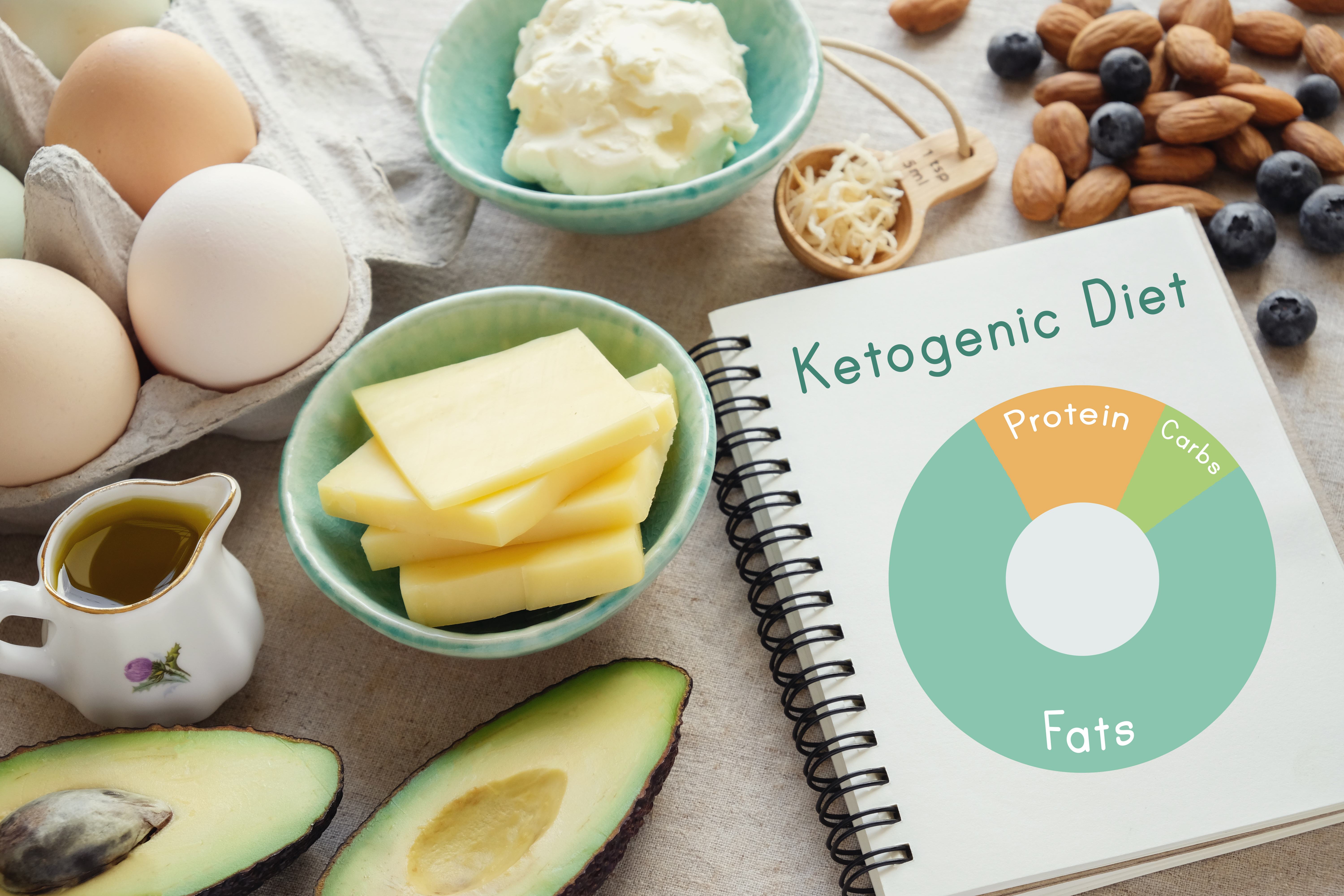
Read on to discover the target ketone readings for weight loss and practical tips on how to produce and assess them.
Target ketone readings for weight loss
After drastically cutting carbs, it can take some time for your body to deplete its carbohydrate reserves, which are stored as glycogen in the liver and muscles.
When those glycogen stores are exhausted, your body begins to produce acidic molecules called ketones. These are formed when your body uses dietary fat or stored body fat for energy — a shift known as metabolic switching.
At that stage, ketones become detectable in the bloodstream. Blood ketone concentrations on a ketogenic diet commonly fall within the 0.5 to 3 mmol/L range.
These values indicate nutritional ketosis, a metabolic condition in which your body burns stored fat for fuel instead of glycogen or carbohydrates.
How to reach optimal ketone levels
To get into the optimal ketone range, you must limit carbohydrate intake. Typical macronutrient percentages for a ketogenic diet are:
- Fat: 55% to 60%
- Protein: 30% to 35%
- Carbohydrates: 5% to 10%
On a 2,000-calorie plan, that generally translates to about 25 to 50 grams (g) of total carbs per day.
Your body won’t begin to make significant ketones until it has burned through glycogen, which requires cutting off the steady supply of dietary carbs.
Once you enter ketosis, ketones can be generated from either the fat you eat or your own stored body fat.
Do ketone supplements help?
Some studies report that exogenous ketone supplements can elevate blood ketone levels even if carbohydrate intake remains high.
However, current evidence does not show that these supplements by themselves cause weight loss.
A 2017 study suggested they may reduce appetite, which could help with weight reduction. A 2023 review also found that, combined with resistance training, ketone supplements influenced muscle metabolism — the way muscles use glycogen to produce movement energy.
Nevertheless, a primary aim of achieving ketosis for weight loss is to mobilize stored body fat, not to rely on supplemental ketones.
How to measure ketone concentrations
You can test ketone concentrations at home or have them assessed at a clinic, pharmacy, or other healthcare setting.
Blood testing is the most accurate method to measure ketones.
At home, a blood ketone meter functions much like a blood glucose meter. Using a lancet, you prick your finger and collect a small blood droplet on a test strip, which is then read by the device to give a result.
Some glucose meters also include ketone measurement options. If you have diabetes, a clinician might advise regular ketone monitoring to reduce the risk of diabetic ketoacidosis.
There are three primary ketone molecules your body produces, but most blood ketone meters measure beta-hydroxybutyrate, the dominant form in blood.
Researchers debate the best time of day to test ketones, so choose a consistent testing time for reliable comparisons.
When you last ate significantly influences ketone readings, so it’s advisable to test after a fasting period or about 3 hours post-meal.
Urine and breath testing
Urine strips and breath analyzers are alternative ways to check if you’re in ketosis. These methods are less precise than blood testing but are typically simpler and cheaper to use.
Urine tests use strips that react to the ketone acetoacetate, the most common ketone found in urine. The color change indicates the degree of ketosis, though dehydration can skew results.
Breath tests detect acetone levels in parts per million (ppm). Accurate breath devices can be costly and are somewhat less precise than blood meters, but they’re painless and don’t require disposable strips or lancets.
Breath acetone readings around 9 ppm, and in some cases higher, may reflect nutritional ketosis.
How frequently should you test?
Although daily testing is possible, it’s not necessary and can become expensive because of test strip costs. In fact, you don’t need to measure ketones to lose weight effectively and safely on a ketogenic diet.
Still, it can be helpful to check ketone levels daily for several days when you first start keto to confirm you’ve reached nutritional ketosis, then test about once a week to ensure you remain in ketosis.
For some, tracking ketone levels provides motivation to adhere to the diet.
Others may test more often to see how particular foods or changes in carbohydrate intake affect their ketone readings.
If frequent testing is desired, urine strips are the most economical option, though they are also the least reliable.
Potential risks of the keto diet for weight loss
While the ketogenic diet can aid weight loss, it carries possible risks. Short-term side effects may include:
- nausea
- constipation
- vomiting
- headache
- fatigue
- dizziness
- insomnia
Often these symptoms subside within a few weeks. However, the keto diet has also been linked to more serious issues such as:
- loss of muscle
- nutrient shortfalls
- formation of kidney stones
- cardiovascular disease
Before beginning the ketogenic diet for weight loss, consult a healthcare provider or a registered dietitian. They can help tailor a safe and effective meal plan for you.
Final thoughts
Many people have achieved weight loss success with the ketogenic diet.
Nutritional ketosis is generally defined by blood ketone levels between 0.5 and 3 mmol/L, which corresponds to the ideal ketone zone for weight loss.
To reach those concentrations, a marked reduction in carbohydrate intake is necessary.
Although blood ketone meters are the most accurate tool to assess ketone levels, monitoring ketones isn’t essential to lose weight on a keto diet.





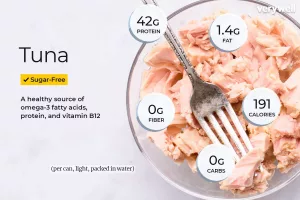







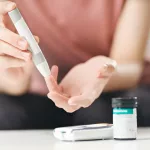



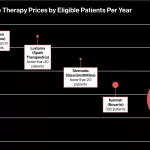


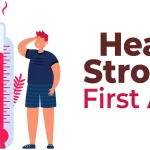




Leave a Reply
You must be logged in to post a comment.